March-In Madness: Biden Now Using NIST to Go After Drug Price Controls
- Andrew Langer
- Jan 30, 2024
- 3 min read

NIST, the National Institute of Standards and Technology, is the agency within the US Government that is, among other things, responsible for the development of the "atomic clock" (that standarizes time around the country, and underpins things like the GPS in our phones).
Yet for some reason, the Biden administration is seeing fit to use NIST to go over their goal of price controls for drugs in the United States!
In December, NIST proposed to amend a 43yo piece of legislation called the Bayh-Dole Act by considering drug prices in the exercise of March-In Rights, there is a burgeoning debate on the future trajectory of innovation, economic prosperity, and the pharmaceutical industry in the United States. At the heart of the discussion is the potential shift from the Act's original mandate to foster innovation and commercialize federally funded research towards a framework that could regulate drug prices. This proposal has sparked considerable concern among stakeholders across the innovation landscape.
Distorting the Bayh-Dole Act's Original Intent
The Bayh-Dole Act, a keystone of American innovation since 1980, has propelled the U.S. to a leadership position in global technology and pharmaceuticals. It encouraged the commercialization of federally funded research, which led to the development of life-saving drugs and technologies. However, the NIST's proposal to factor in the price of drugs as a criterion for exercising March-In Rights diverges from the Act's original purpose. Instead of promoting the utilization of inventions and fostering public-private partnerships, this move could serve as a mechanism for price regulation—a stark departure from the Act's foundational goals.
A Threat to Innovation and Economic Growth
The proposed changes pose significant risks to innovation and investment, particularly in the biopharmaceutical sector, where the certainty of patent protection underpins the development of new treatments. The introduction of pricing considerations in the exercise of March-In Rights threatens to deter investment, stifling innovation and slowing the development of new drugs. This could also undermine the U.S. economy at large, given the pharmaceutical industry's role as a vital economic engine contributing billions in economic output and supporting millions of jobs.
Undermining Patient Access to Innovative Treatments
The NIST proposal could adversely affect patient access to innovative treatments. By introducing uncertainty into the intellectual property landscape, the proposal risks deterring the investment required for the development of new therapies. This move could slow the pace of medical breakthroughs, potentially depriving patients of access to life-saving treatments.
Raising Legal and Constitutional Concerns
The proposal also raises significant legal and constitutional issues. The exercise of March-In Rights based on drug pricing could be perceived as a taking of property without just compensation, challenging established property rights protected under the U.S. Constitution. Furthermore, this reinterpretation of the Bayh-Dole Act could exceed the authority granted by the legislation itself, leading to prolonged legal battles and further uncertainty.
In light of these concerns, it is imperative to tread carefully in any modifications to the Bayh-Dole Act. Preserving the Act's original intent and the incentives for innovation that have secured the United States' position as a global leader in technology and medicine is crucial. Policymakers are urged to explore alternative solutions that address drug affordability without undermining the principles of innovation and private investment. A balanced strategy that respects property rights, fosters economic growth, and maintains America's competitive edge in the global technology and pharmaceutical markets is essential for sustaining the vitality of the U.S. innovation ecosystem.
The CPAC Foundation's Center for Regulatory Freedom is filing detailed comments in opposition to this (with comments due by midnight Monday night, February 6). You can file comments as well, by visiting the Federal Register page HERE!





.png)




_gif.gif)